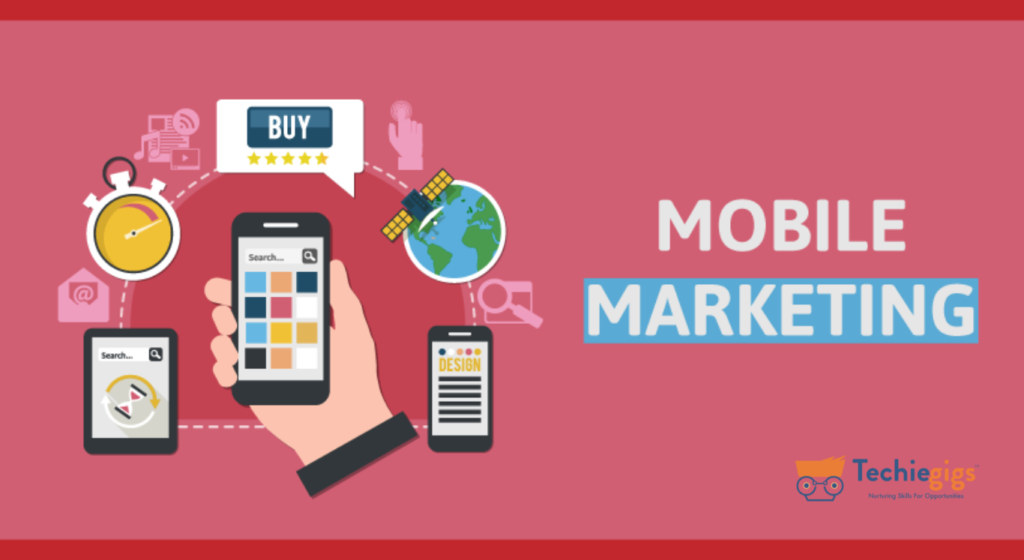
Mobile marketing is a multi-channel, digital marketing strategy that targets consumers through their mobile devices, including smartphones, tablets, and wearables. This type of marketing aims to deliver personalized, location-based, and real-time advertising content to users, utilizing a range of techniques such as SMS, email, mobile apps, push notifications, social media platforms, and mobile-optimized websites.
In an increasingly mobile-first world, businesses are prioritizing mobile marketing due to the growing prevalence of mobile device usage for both personal and professional purposes. According to industry reports, mobile traffic now makes up a substantial percentage of global internet traffic, making mobile marketing an indispensable strategy for businesses looking to reach their target audience effectively.
Benefits of Mobile Marketing
Reach and Accessibility: Mobile marketing allows brands to reach their customers wherever they are, whether at home, on the go, or in-store. Mobile devices are always within arm’s reach, ensuring a higher chance of consumer interaction with marketing content.
Personalization and Targeting: With the help of data analytics, businesses can tailor their mobile marketing strategies to specific audience segments. Mobile marketing allows for personalized offers, content, and notifications based on a user’s past behavior, location, preferences, and interactions. This leads to more relevant messaging and higher conversion rates.
Higher Engagement Rates: People check their phones multiple times a day, making mobile marketing a highly effective channel for engagement. Push notifications, SMS campaigns, and social media updates tend to see higher open and interaction rates compared to email or traditional advertising.
Real-Time Marketing: Mobile marketing enables real-time communication with consumers. Brands can push time-sensitive offers, such as flash sales, event reminders, or instant promotions, which can drive immediate action and spur conversions.
Cost-Effective: Compared to traditional forms of advertising, mobile marketing can be a more cost-effective way to reach a wide audience. Channels like SMS, social media, and mobile apps often require lower budgets than TV, radio, or print advertising, while still offering substantial reach and targeting capabilities.
Improved Customer Experience: Mobile marketing often enhances the user experience by offering convenience, fast access to products or services, and relevant promotions. For example, mobile apps can streamline the shopping experience with one-click purchasing, while location-based promotions ensure users receive offers that are useful and timely.
Increased Conversion Rates: Mobile devices enable easy actions such as clicking on ads, making purchases, or signing up for services directly through their devices. The simplicity of completing transactions on mobile platforms boosts conversion rates, especially with features like one-click payments or mobile wallets (e.g., Apple Pay, Google Wallet).
Geotargeting and Location-Based Services: By utilizing GPS and location data, businesses can deliver highly relevant and timely messages based on the consumer’s real-time location. This can encourage immediate foot traffic to physical stores, increase in-app purchases, or drive location-specific promotions, such as discounts when customers are nearby.









